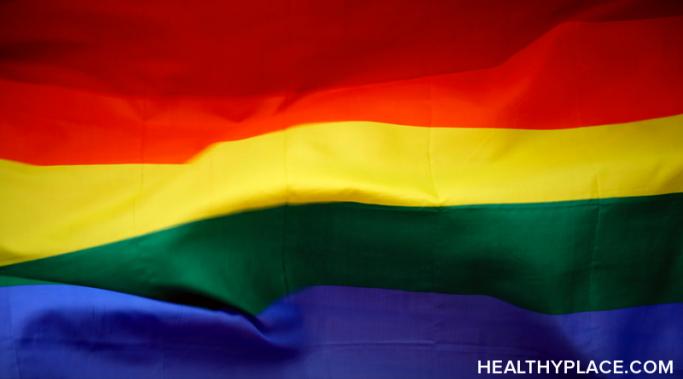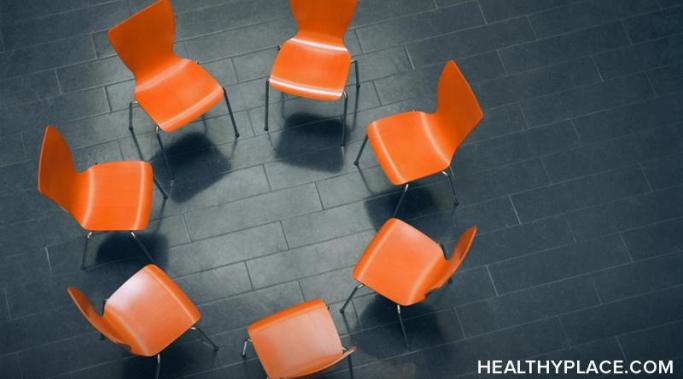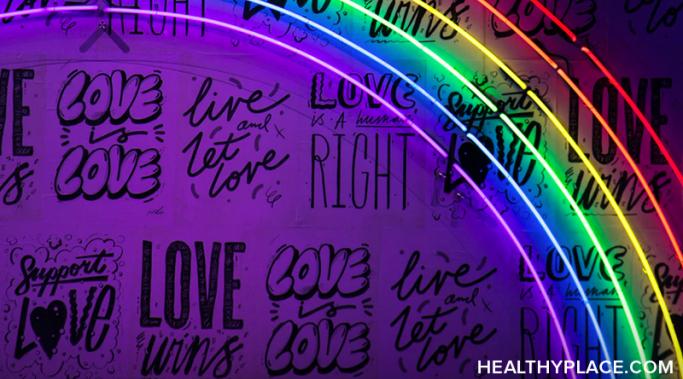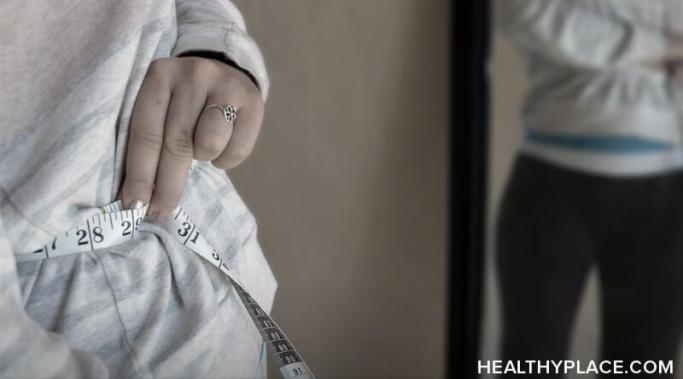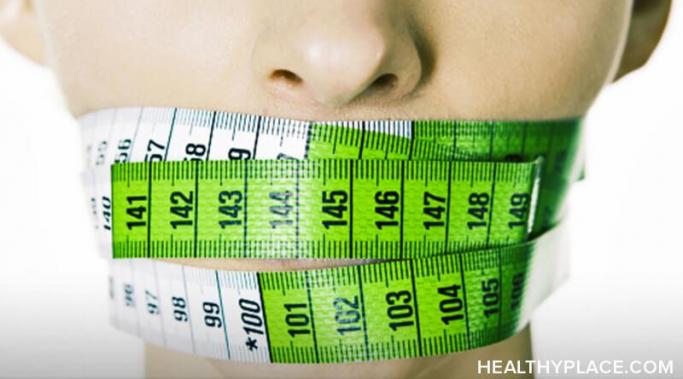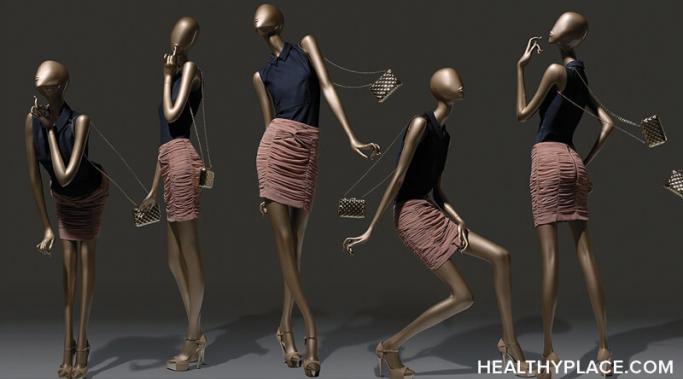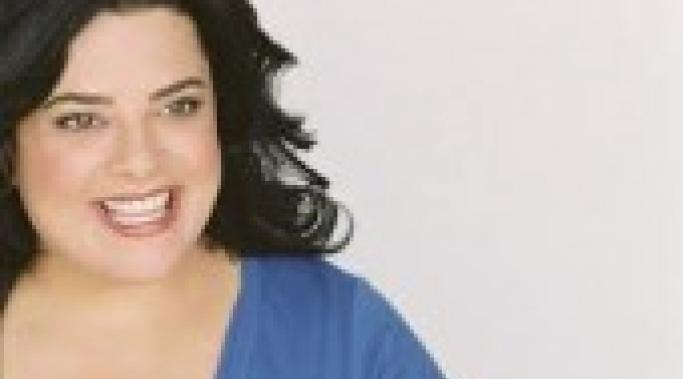Pride Month is an exuberant, meaningful occasion for queer folks and their allies, but in order for all members of this global community to feel embraced as their full selves, we must prioritize body inclusion in Pride Month celebrations. Otherwise, we risk further disenfranchising those who could benefit from these safe and joyful spaces the most. Let's talk about Pride Month and body inclusion.
Health At Every Size (HAES)
It took me several years of personal growth and cultural awareness to realize there are systemic barriers to eating disorder treatment. My battle with anorexia was painful and tumultuous, but access to therapeutic interventions made the healing journey feel possible. While I am immensely grateful for this, I also cannot brush aside the conspicuous reality that certain prohibitive eating disorder treatment barriers still exist.
The National Eating Disorders Association runs an annual social media campaign each June called #NEDAPride. I just learned of its existence, but I love it already. As someone who is both queer and in eating disorder recovery, this combination feels so poignant to me.
Sometimes—not too often, but occasionally—I stand in front of the full-length mirror on my bathroom wall and ask the reflection staring back at me, "Will I ever learn to love all the parts of my own body?" This can be a complicated question for someone with an eating disorder history, and as of right now, I do not have a clear, definitive answer.
There's a new Weight Watchers weight loss application (app) for kids called Kurbo. When I first heard about Kurbo I felt a little nauseous. It’s precisely the sort of thing that a young, adolescent me – embroiled in an eating disorder – would have latched onto as a source of “inspiration” to fuel my illness. I was curious as to how Weight Watchers, recently rebranded as WW, would market and defend their new product – and why they thought the app was even remotely a good idea.
Is it possible that an improved body image can prevent eating disorders? Research has been fairly consistent in identifying the link between body image issues and eating disorders. So, can school-based intervention programs help reduce the onset of eating disorders in young people by giving them the tools to develop high body esteem and satisfaction?
Last week, I came across the idea of "thin privilege," a term I had been unfamiliar with up to that point, and as I researched this concept, I was forced to confront the role of thin privilege in eating disorder treatment—my own experience included. Thin privilege is a systemic ease and entitlement in which people with smaller bodies tend to move through society. More opportunities and advantages are often afforded to people who look the way mainstream culture has deemed acceptable or ideal. In terms of the eating disorder population, those who mirror the stereotype of "emaciated" are more likely to have their illnesses treated with serious concern and validation than people whose bodies do not reflect this arbitrary mold. But if eating disorder recovery is to be made accessible for all those who suffer—not based on outward size or shape—then it's time to address the role of thin privilege in eating disorder treatment.
Sexism contributes to the prevalence of eating disorders in women, but on the flip side, approaching eating disorders from a feminist outlook can be an important tool for recovery. Our social constructs view gender through a binary lens in which men are the objectifiers and women are the objectified, causing female bodies to be sexualized. This idea makes women feel pressured to meet the conventional standards of beauty, often resorting to extreme behaviors if their physical features are outside the “norm.” But dismantling these restrictive and harmful stereotypes could promote more body acceptance in our culture. Because sexism and eating disorders are connected, a feminist perspective can help to reverse this issue.
Jess Weiner: " Did Loving My Body Almost Kill Me?"
That is the headline splashed across an article in September's Glamour magazine and online site. Weiner, a well-known author and speaker, has stressed for years that women of all weights and sizes can live happy and fulfilling lives right now. She lived her words, and created a successful career and life while being a size 18. That alone sounds radical in today's society that worships thinness and works hard to make women feel unsuccessful and unworthy if we dare to take up more space than a will-o'-wisp.
Then Weiner went to her physician, and that is all it took to take her down the familiar weight loss path of dieting and excessive exercise.
